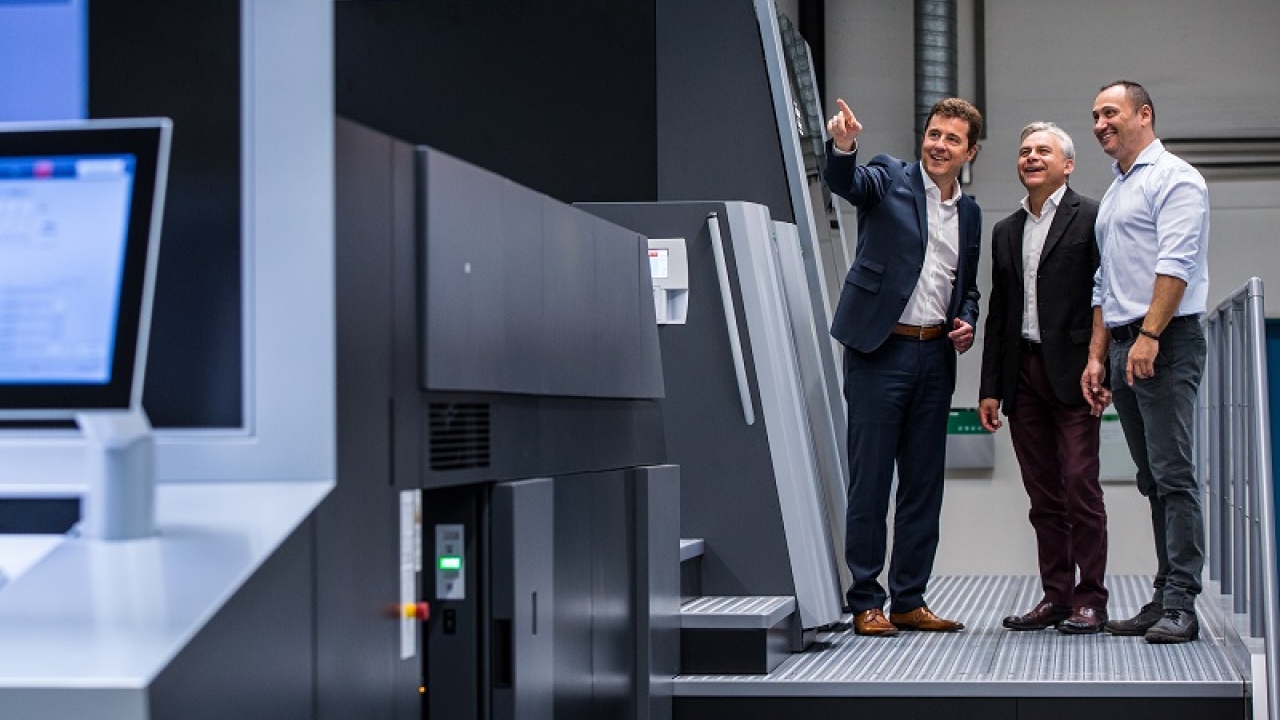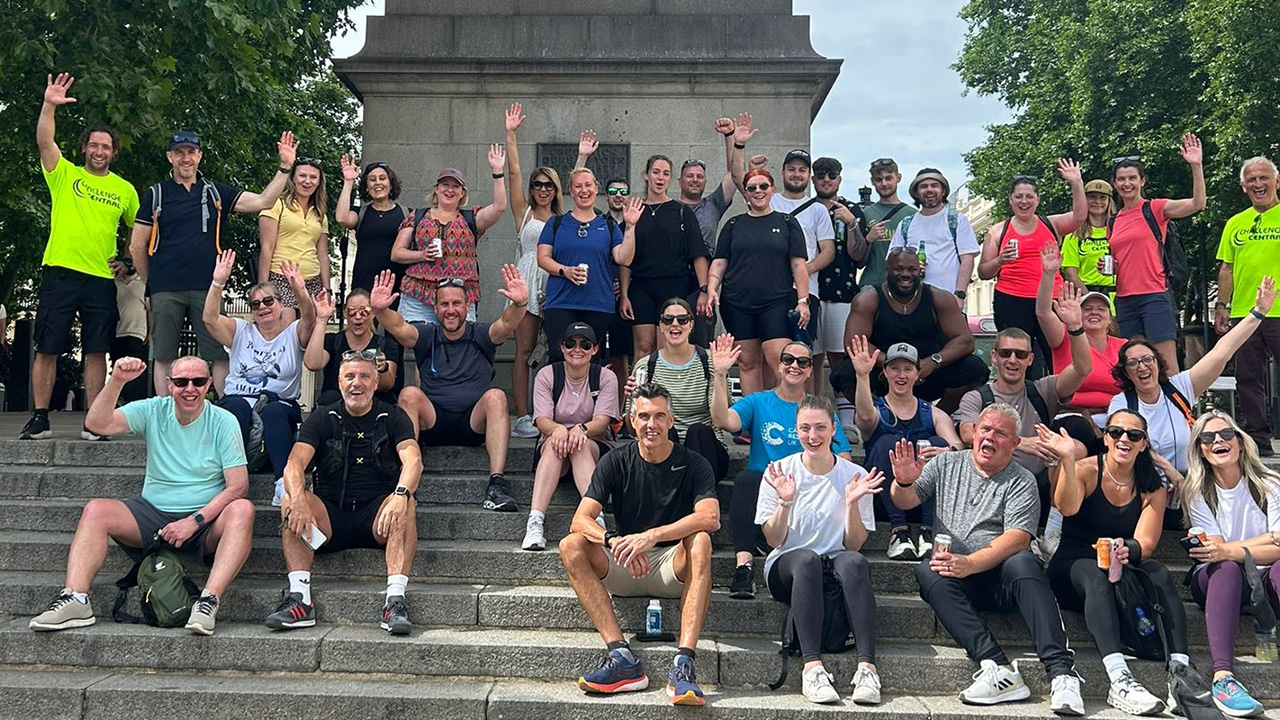Rondo installs Heidelberg Primefire 106
Rondo AG, based in Allschwil near Basel, Switzerland, is conducting the world’s first beta test in the area of pharmaceutical packaging with the Heidelberg Primefire 106.

The digital printing system has been installed at Rondo since April 2018, where it is the final piece in the packaging specialist’s Supply on Demand service. This service is intended to help customers within the pharmaceutical industry to reduce their total cost of ownership. The precision delivery of the required quantities reduces storage costs or eliminates them completely in case of direct delivery to the packaging machine, according to Rondo. In addition, costs for destroying obsolete packaging are avoided. Close IT integration additionally saves significant costs in the administrative area. In the quality process, Rondo can handle the customer’s incoming goods inspection in compliance with strict GMP regulations so that this step can be reduced to a minimum at the pharmaceutical companies. All in all, it is claimed that this can save up to 50 percent of the total supply chain costs on the customer side. The much shorter packaging delivery times also enable the pharmaceutical customer to reduce their own delivery times for their medicines often significantly, which in turn leads to considerable benefits on the sales side.
Rondo CEO Joachim Hoeltz explained: ‘The trends in the pharmaceutical industry are heading towards ever declining runs and shorter delivery times in response to personalized medicine, increasing language and country versions and much shorter delivery times for medicines. Our production consists entirely of secondary packaging. Through process automation and close IT integration we offer our customers a just-in-time service and by doing so help them to optimize their own supply chain.’
Rondo has been offering its Supply on Demand service since spring 2017. This means that every week for almost a year, it has been supplying a key pharmaceutical customer with a large number of folding carton orders with very short delivery times. Rondo automated its own workflow and optimized the ERP integration with its customer. The goal of providing small batch sizes in consistently high quality with delivery times of less than a week has already been achieved through conventional offset printing and optimized job preparation and post-press processes. A 10-color Heidelberg Speedmaster XL 105 perfecting press with coating unit is currently used for printing.
Hans-Peter Süßlack, business process manager at Rondo, commented: ‘We stand for customized developments and for innovations. Offset printing has its limits when it comes to the personalization and run lengths of just one pack. That’s why we took a serious look at digital printing. We tested quite a few systems in the past four years. We saw the Primefire 106 at drupa 2016 and opted for this machine after various tests.’
As well as the possibility of producing pharmaceutical packaging from batch sizes of one at low cost, the Primefire 106 has also impressed through its ability to add variable data such as serial numbers while the packaging is being printed.
A development project using the Primefire 106 consists of being able to print custom serial numbers in order to prevent counterfeit medicines under the EU Counterfeiting Directive. This subproject should become reality in 2019.
The Primefire 106 is installed right beside the Speedmaster XL 105 in Rondo AG’s production hall. Giovanni De Luca, director of operations for Switzerland at Rondo, said: ‘Both systems complement each other’s respective strengths, which in turn benefits the customer. The Primefire 106 handles shorter runs and jobs involving variable data, while the Speedmaster XL 105 is perfect for longer runs. Heidelberg’s extensive color expertise ensures that end customers cannot see any difference – a must in the pharmaceutical industry.’
Stay up to date
Subscribe to the free Label News newsletter and receive the latest content every week. We'll never share your email address.

